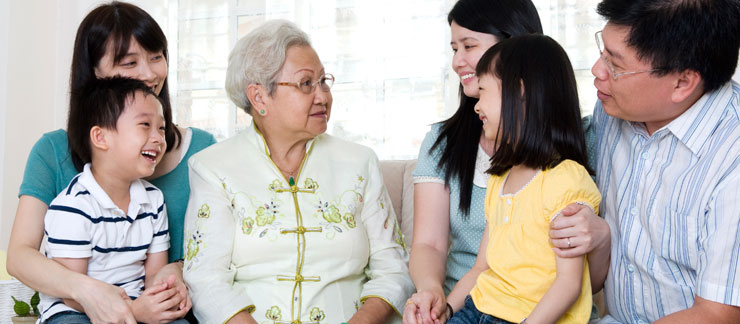
Harvard Study: More Employers Need to Support Senior Caregivers
As more and more Baby Boomers reach retirement age, their children are feeling the strain. In areas without easy access to affordable senior caregivers, gen-Xers and millennials have to care for aging parents by themselves. Many of them struggle with the physical, mental, and emotional costs of this work.
But according to new research, family caregivers aren’t the only ones in crisis. When working-age adults become unpaid senior caregivers, employers feel the pain. In a new study, the Harvard Business School says that employers are facing a “caregiving crisis,” a crisis that’s bleeding US businesses of talent, productivity, and profit.
The authors’ solution to this problem? More employers need to support and/or subsidize senior caregiver services for their workers.
When Family Members Act as Unpaid Senior Caregivers
Over the past decade, people have become more aware of the burdens faced by family caregivers. When an aging parent can no longer accomplish routine tasks, they’ll need some form of care if they’re going to age in place. This can come from professional senior caregivers or from family members.
While many families would prefer to hire senior caregivers, most end up providing care on their own. As their parent’s health declines, family members quickly find themselves overwhelmed. Soon enough, they reach a point of physical, mental, and/or emotional exhaustion — a condition known as “caregiver burnout.”
Until now, most people have assumed that seniors, family caregivers, and the health care system are the biggest victims of this situation. But after surveying American employers and employees, researchers at the Harvard Business School concluded that US companies are also facing a “caregiving crisis.” Worse yet, businesses “refuse to acknowledge” the scope of the crisis.
Here’s a quick summary of key senior care findings from the study, which covered child care, spousal care, and elder care...
- Roughly one-third of employees surveyed had quit a job because it was incompatible with caregiving duties, including half of employees between the ages of 26 and 35.
- Among employees who left a job to care for a family member, 32% were unpaid senior caregivers for an elder.
- 80% of employees with caregiver duties say their work performance suffers because of caregiving — yet only 24% of employers believe that caregiving impacts job performance.
- Similarly, employers vastly underestimate the number of employees who care for elder family members and the level of turnover caused by caregiving duties.
- Few businesses offer elder care benefits, such as care referral services (provided by only 29% of employers) or helping to pay for senior caregiver services (provided by 8% of employers).
According to the authors, US businesses lose nearly $13 billion each year to the senior caregiver crisis. Roughly half of that figure is due to employee turnover. The other half is linked to caregiving-related productivity loss.
Until businesses start paying closer attention to this crisis — and providing employees with adequate support — this number will only increase.
Finding Affordable Senior Caregiver Services
The Harvard study focused primarily on US employers. But the study’s data points to broader concerns within the senior care industry.
For example, employees who quit a job to care for a family member were asked what factors contributed to the decision. The two biggest answers were the inability to afford care services (53%) and the inability to find trustworthy and qualified caregivers (44%).
At Visiting Angels®, we spend a lot of time thinking about both of these issues.
With more than 20 years of experience in senior caregiver services, we know how difficult it can be to find affordable care. To address this concern, we’ve adopted flexible scheduling initiatives, which keeps care affordable and cost-effective. Our care directors work closely with families to ensure our services fit within their budget.
We also go the extra mile to give you peace of mind. Each Visiting Angels office has rigorous standards for senior caregiver recruitment, screening, education, and monitoring. At the same time, we give you the opportunity to Select Your Caregiver®, so that you have total confidence in your care provider.
Yet as the Harvard study makes clear, the overall senior care industry has a long way to go in both of these areas. If America’s caregiver crisis is to be solved, more senior care providers will need to address issues of affordability, trust, and quality care.
Do you have a loved one in need of a senior caregiver? Contact your local Visiting Angels office today to request a free in-home care consultation.


